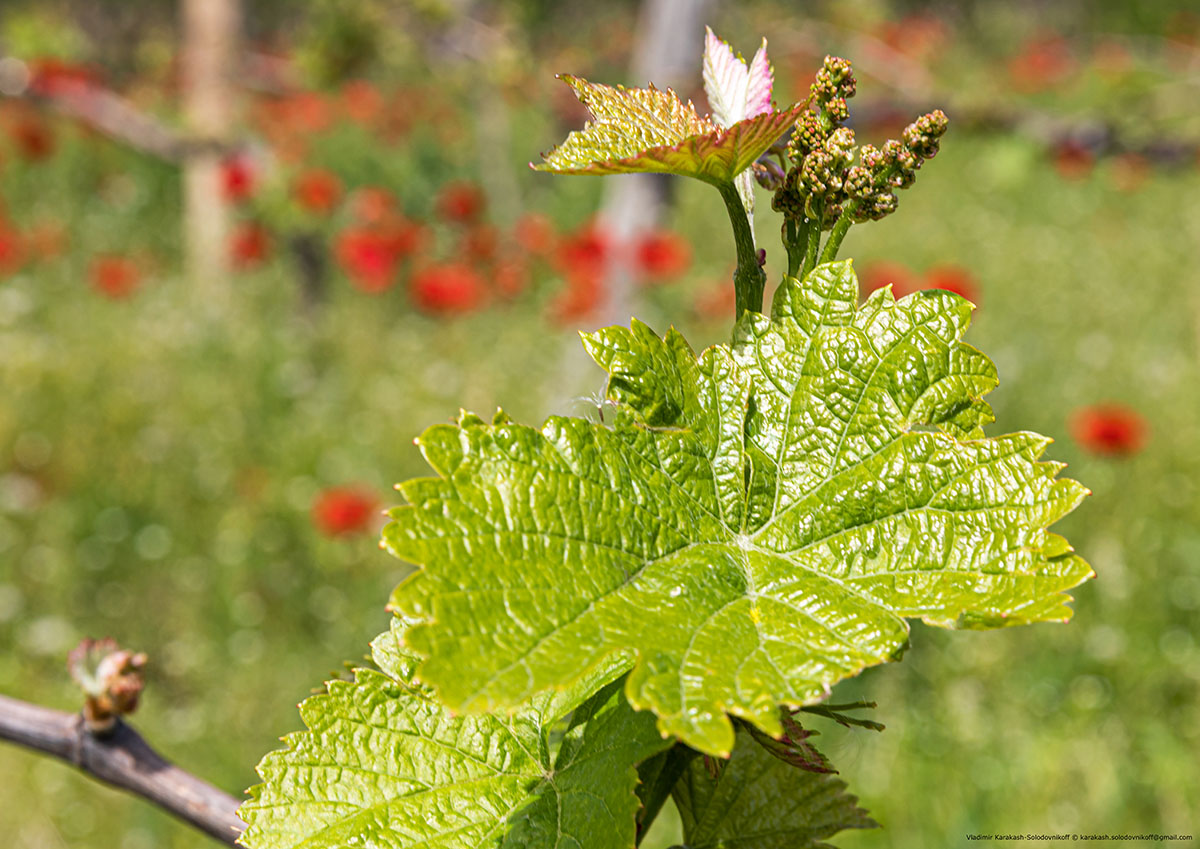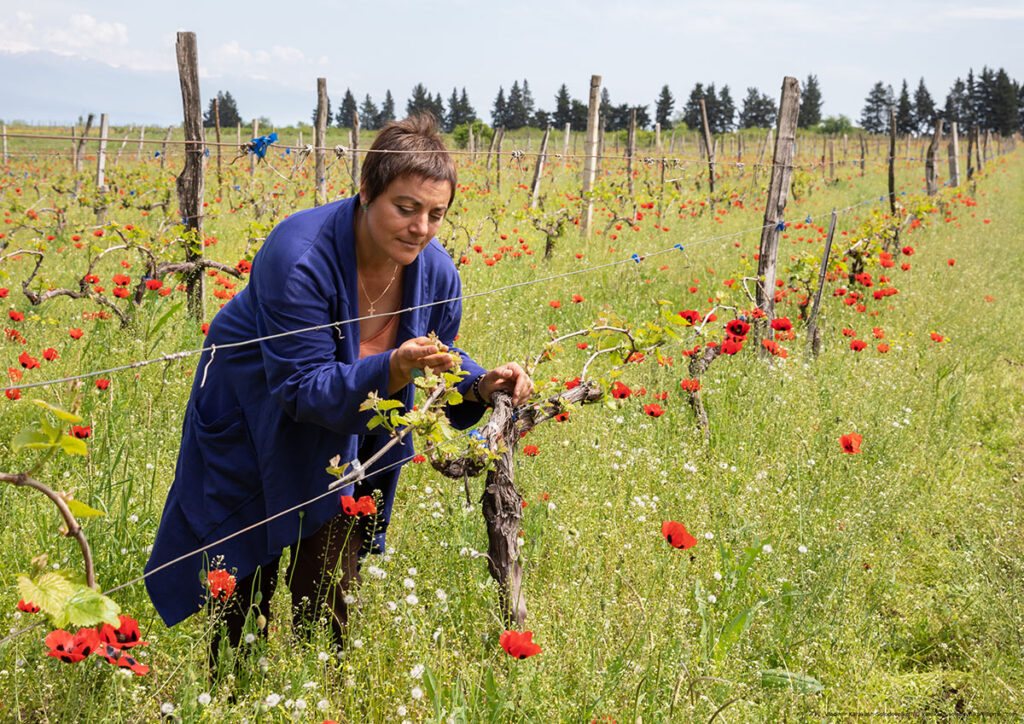In the heart of the Caucasus, where winemaking has flourished for over 8,000 years, Georgia has long been revered as the cradle of viticulture. Today, as the world embraces sustainability and purity in wine production, Georgia is taking bold steps to ensure that its organic wines meet the highest international standards. The Georgian Organic Wine Certification is not just a seal on a bottle—it is a testament to the country’s dedication to authenticity, sustainability, and the preservation of its ancient winemaking traditions.
A Legal Framework Rooted in Tradition and Innovation
Georgia’s organic wine certification process is based on a strict legal framework, developed in alignment with both national and EU regulations. The country’s commitment to organic farming is reflected in the adoption of standards that comply with the European Union’s Organic Farming Regulation (EU 2018/848), ensuring that Georgian wines labelled as organic can be recognized across European markets.
To receive official certification, wineries must adhere to rigorous guidelines, which include:
- No synthetic pesticides or herbicides: Vineyards must be free from artificial chemicals, ensuring the preservation of soil health and biodiversity.
- Non-GMO grapes: The use of genetically modified organisms (GMOs) is strictly prohibited.
- Natural winemaking practices: Fermentation must occur without artificial additives, using only wild or selected organic yeasts.
- Certified inspections and traceability: Each vineyard and winery undergoes regular audits and quality checks to maintain certification.
The certification is overseen by Georgian regulatory bodies working in partnership with international organic certifiers, ensuring that wines meet both domestic and global organic standards.
Bridging the Gap with the EU Market
For Georgian wineries looking to export, compliance with EU organic wine regulations is a major advantage. The certification process ensures that wines can be marketed within the European Union under the organic label, giving consumers confidence in their quality and authenticity. This alignment with EU standards also opens doors to international wine competitions, organic-focused retailers, and a growing base of eco-conscious consumers.
The Winemakers Leading the Way
Georgia’s organic winemaking movement is championed by wineries committed to preserving nature’s balance. Members of the Georgian Association of Organic Winemaking (GAOW) have taken significant steps to cultivate vineyards without synthetic interventions, allowing the true expression of Georgia’s terroir to shine through.
Wineries such as Chito’s Gvino and others in the organic movement have demonstrated that sustainability is more than just a trend—it is a return to the purest form of winemaking, one that honours the land, the history, and the people behind each bottle.
A Future Rooted in Sustainability
As more wineries embrace organic practices, Georgia is positioning itself as a leader in sustainable winemaking. With increasing global demand for chemical-free, eco-friendly wines, the country’s commitment to organic certification is both a nod to its past and a bold step toward the future.
For wine lovers and industry professionals alike, Georgian organic wines offer a rare combination of history, quality, and ethical production—a true embodiment of the land where winemaking was born.


